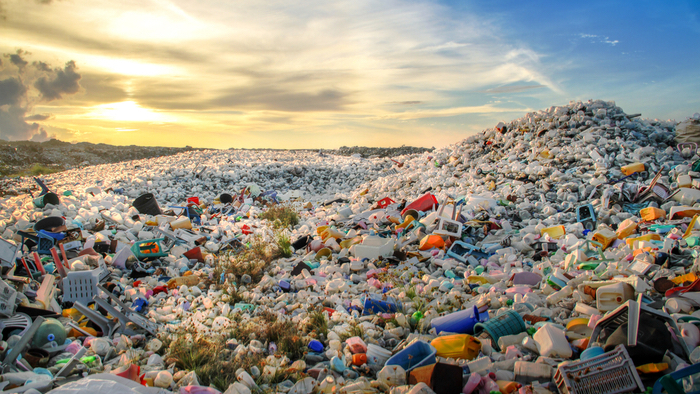Plastic Pollution: A Growing Crisis in South Asia Demands Urgent Regional Action

M.Zubair Anjum:
Islamabad: Plastic pollution has emerged as one of the most critical environmental challenges of our time, with particularly severe impacts on South Asia. The World Bank’s recent report, titled “Waves of Plastics: A Snapshot of Marine Plastic Pollution in South Asia,” reveals the alarming scale of this crisis and highlights the dire consequences of inadequate waste management across the region.
Home to nearly a quarter of the global population, South Asia is characterized by densely populated urban centers and sprawling rural areas. Coupled with rapid industrialization and urbanization, these factors have led to a significant increase in plastic consumption and waste generation. The report reveals that over 62% of plastic consumption in the region is linked to packaging, with a substantial portion being single-use and often discarded into rivers and oceans.
Pakistan, like its neighbors, faces immense challenges in managing plastic waste. Although it has the lowest plastic waste leakage rate in the region, the country struggles with inadequate waste collection infrastructure and a heavy reliance on informal waste management systems. The informal sector, which includes waste pickers and small-scale recyclers, plays a vital role in alleviating the waste crisis. However, its decentralized and unregulated nature limits its overall effectiveness.
The Hindu Kush Himalayan region is particularly vulnerable to the impacts of plastic pollution, as it is the source of major transboundary rivers. These waterways are increasingly contaminated by plastics that cross borders, endangering ecosystems and communities downstream. The degradation of these vital water systems not only threatens biodiversity but also jeopardizes the livelihoods and health of millions who rely on these rivers for drinking water, agriculture, and fishing.
Given the transboundary nature of plastic pollution, the report emphasizes the urgent need for regional cooperation. South Asian countries must transcend political hostilities and unite to tackle this shared environmental threat. Governments in the region are urged to take the report’s findings seriously and renew their commitment to combat plastic pollution. This includes strengthening domestic waste management systems and actively participating in regional initiatives aimed at reducing waste.
The health of the rivers in the Hindu Kush Himalayan region—and the millions of people who depend on them—depends on the ability of these nations to collaborate effectively and implement meaningful solutions to the plastic pollution crisis.





